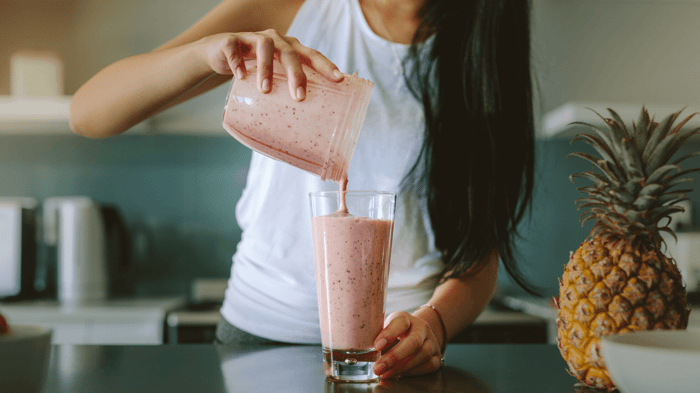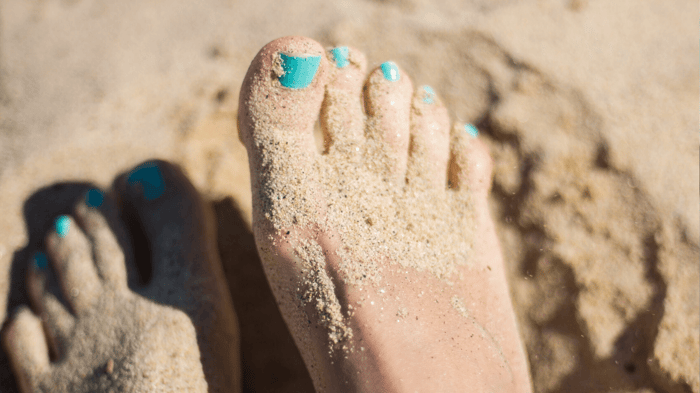Updated 4/23/2020

What is the novel coronavirus, COVID-19?
The novel coronavirus, known as COVID-19, is the viral respiratory disease at the root of the current pandemic. Coronaviruses are common viruses globally. Several coronaviruses regularly circulate through our population and cause the common cold. However, the changeable nature of coronaviruses means that new and dangerous viruses, like SARS in 2002 and MERS in 2012, can suddenly mutate and infect human populations (1). Since COVID-19 is a novel coronavirus, we still have a lot to learn about it and about how to treat it.
Since the first case was reported in Wuhan, China in November (2), the number of global cases has increased exponentially (3). Now, in an effort to slow the exponential growth of the virus and buy medical personnel time to treat an influx of cases, people globally are opting to stay at home, practice social distancing and maintain their personal health (4)--and it’s working! Good job to all my quarantined friends out there who are successfully flattening the curve (3).
However, we’re still a long way from the end of this. Until we learn how long immunity to this virus lasts, ramp up testing and develop an effective treatment, COVID-19 could remain a persistent and worrisome part of life. That’s why it’s important to keep your immune system boosted and functioning at maximum power!
How to fight infection at home:
There is a lot of information out there about how to protect your family during the pandemic, but it can all be boiled down to six simple points!
Catch some quality Z’s

Deep, uninterrupted sleep is essential to your immune function; when you sleep, your body produces cytokines, some of which protect your body against infection and inflammation (5). Limit screen usage in the evening, establish a bedtime routine and see the points below for more sleep advice!
Pursue complete nutrition
Being isolated in your home is a great time to experiment with new recipes and take the time to make sure that you and your family have a nutritionally complete diet. The food we eat provides the fuel, gears and building blocks of our bodies, so to make sure that all our systems are running smoothly—including immunity!—it’s important to eat well. Focus on upping your fruit and vegetable intake and avoid sweets.

Now is also a great time to introduce vitamin supplements to your diet if you’re not already taking them! Check out our blog to learn about the benefits of various supplements, the many ways to supplement and the tips you need to get vitamins into your kids. And look ahead to the launch of our Vitality Kits, which will help you take the guesswork out of nutrition by delivering carefully curated immune boosting kits to your door--sign up for our newsletter and be the first to hear about them!
Stay active

Exercise has numerous health benefits, including enhanced cardiovascular and brain health (6), cancer resistance (7), better sleep and improved mood (8). That’s why it’s important not to let gym closures leave you on the couch for too long! Go for a run, a hike, or a walk around the neighborhood. Play soccer with your kids in the yard or hop on a stationary bike.
If going outside isn’t an option for you, you can invest in a yoga mat and start getting limber with a fun yoga practice. You can find lots of yoga classes for all ability levels available online to guide you along in your practice. It's also important to incorporate movement into your daily activities as much as possible. This may be the perfect time to do a little spring cleaning, which can often feel like a workout itself!
Heat things up
In the age of COVID-19, the track record for sauna usage against respiratory and viral diseases is particularly relevant. Sauna heat acts directly against viral agents in the upper respiratory tract and on the skin by creating an environment where viruses cannot survive (11). Regular sauna bathing, breathing in ambient air that typically reaches 100-150 degrees Fahrenheit, is an effective tool for limiting viral numbers. Additionally, sauna bathing has been found to decrease incidence of common cold, pneumonia, and asthma in regular users (12, 13, 14). This occurs partially because of heat’s anti-viral properties, but also because sauna heat improves the respiratory system itself. Breathing hot air, together with blood vessel dilation, increases your lungs’ air capacity and clears airways, making it more likely that you will be able to fight off respiratory diseases.
Fortunately, setting up and using an infrared sauna in your home is quick and easy. Keep browsing our site for more tips and benefits of infrared saunas, and stay tuned for our DIY Sauna-in-a-Box, coming soon!
References
- Fehr, Anthony R. and Stanley Perlman. (2015). Coronaviruses: An overview of their replication and pathogenesis. Methods in Molecular Biology, 1282. https://link.springer.com/protocol/10.1007%2F978-1-4939-2438-7_1
- World Health Organization COVID-19 Situation report – 1. https://www.who.int/docs/default-source/coronaviruse/situation-reports/20200121-sitrep-1-2019-ncov.pdf?sfvrsn=20a99c10_4
- World Health Organization COVID-19 Situation report – 94. https://www.who.int/docs/default-source/coronaviruse/situation-reports/20200423-sitrep-94-covid-19.pdf?sfvrsn=b8304bf0_4
- NBC News. Coronavirus updates: Countries across the world step up restrictions to combat crisis. https://www.nbcnews.com/health/health-news/live-blog/coronavirus-updates-countries-across-world-step-restrictions-combat-crisis-n1161301
- Mayo Clinic. Lack of sleep: Can it make you sick? https://www.mayoclinic.org/diseases-conditions/insomnia/expert-answers/lack-of-sleep/faq-20057757
- Hörder, Helen, et al. (2018). Midlife cardiovascular fitness and dementia. Neurology, 90(15). https://sci-hub.tw/10.1212/WNL.0000000000005290
- Kenfield, Stacey A, et al. (2011). Physical activity and survival after prostate cancer diagnosis in the health professionals follow-up study. Journal of Clinical Oncology 29(6). https://www.ncbi.nlm.nih.gov/pmc/articles/PMC3056656/
- Cooney, Gary M, et al. (2015). Exercise for depression. Cochrane Systematic Review—Intervention. https://www.cochranelibrary.com/cdsr/doi/10.1002/14651858.CD004366.pub6/full
- Healthline. Infrared saunas: Your questions answered. (2018). https://www.healthline.com/health/under-review-infrared-saunas#1
- Laukannen, Jari A, et al. (2018). Cardiovascular and other health benefits of sauna bathing: A review of the evidence. Mayo Clinic Proceedings 93(8). https://www.mayoclinicproceedings.org/article/S0025-6196(18)30275-1/pdf
- Chan, K.H., et al. (2011). The effects of temperature and humidity on the viability of the SARS coronavirus. Advances in Virology 2011.
- Ernst, E, et al. (1989). Regular sauna bathing and the incidence of common colds. Annals of Medicine 22(4). https://www.tandfonline.com/doi/abs/10.3109/07853899009148930
- Cox, N.J., et al. (1989). Sauna to transiently improve pulmonary function in patients with obstructive lung disease. Arch Phys Med Rehabil 70(13). https://www.ncbi.nlm.nih.gov/pubmed/2596966
- Knutsor, Sedo Kwadzo, et al. (2017). Sauna bathing reduces the risk of respiratory diseases: a long-term prospective cohort study. European Journal of Epidemiology 32. https://link.springer.com/article/10.1007%2Fs10654-017-0311-6





